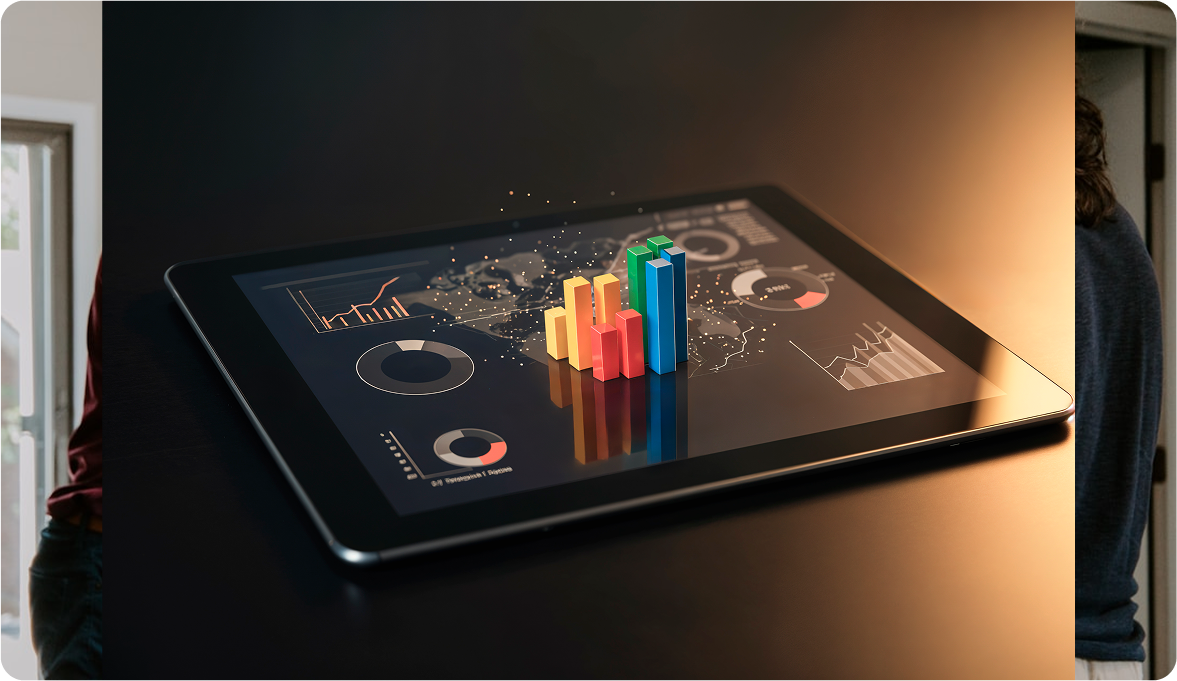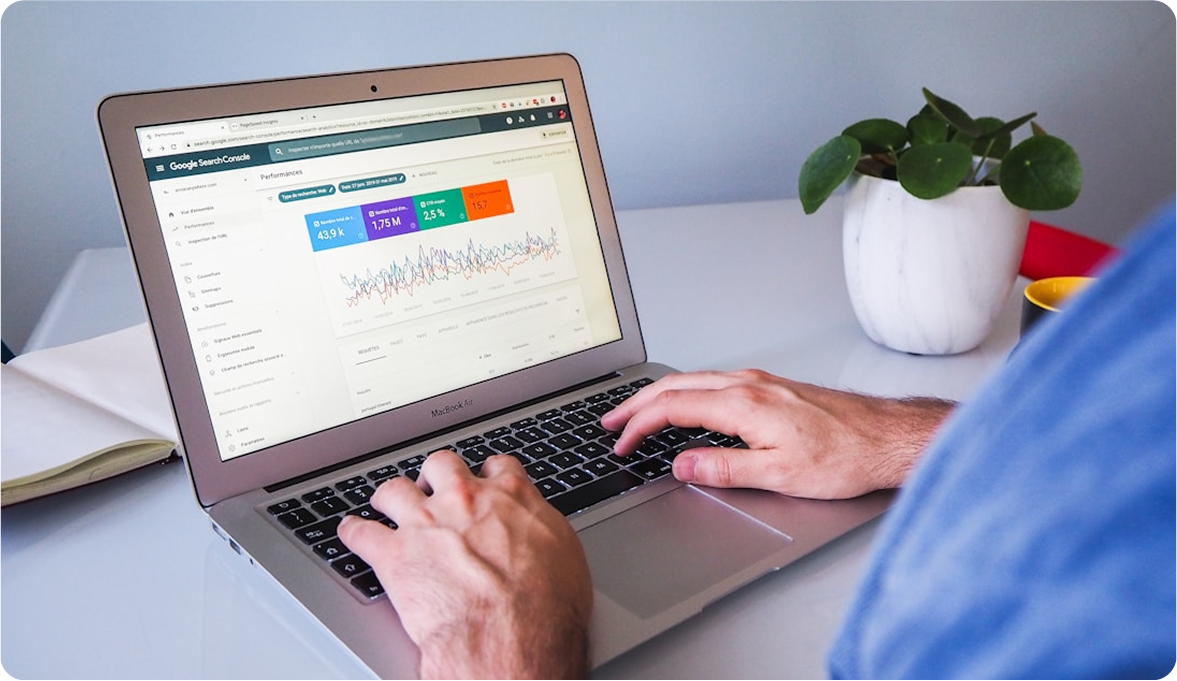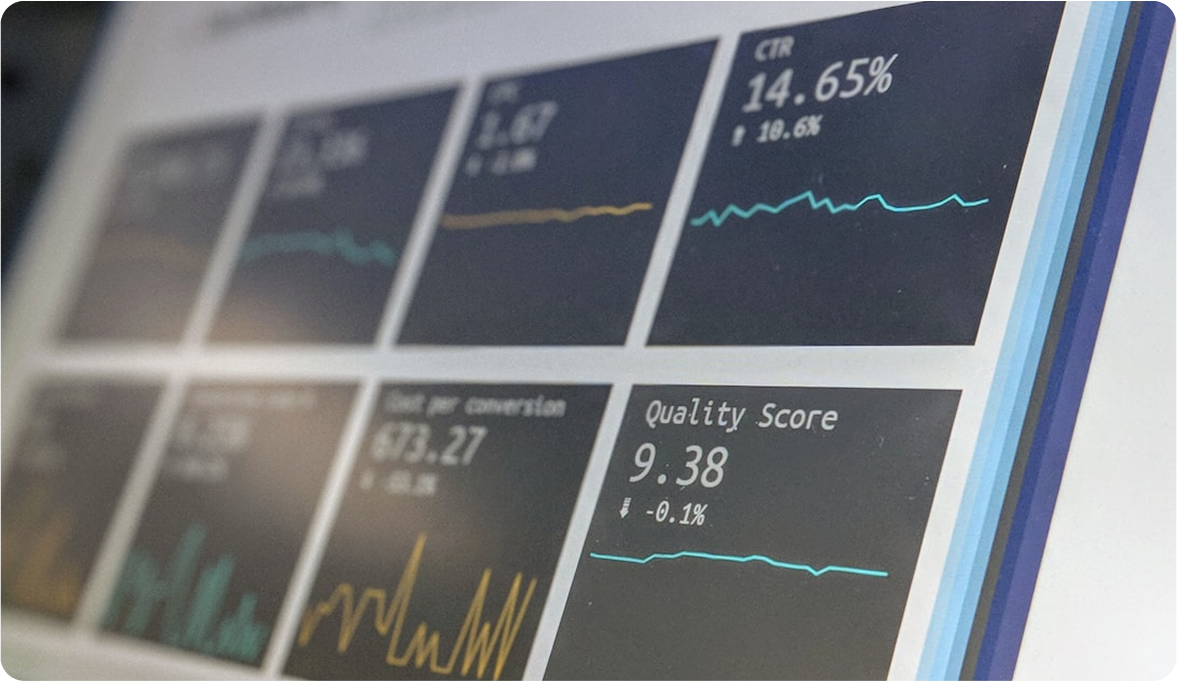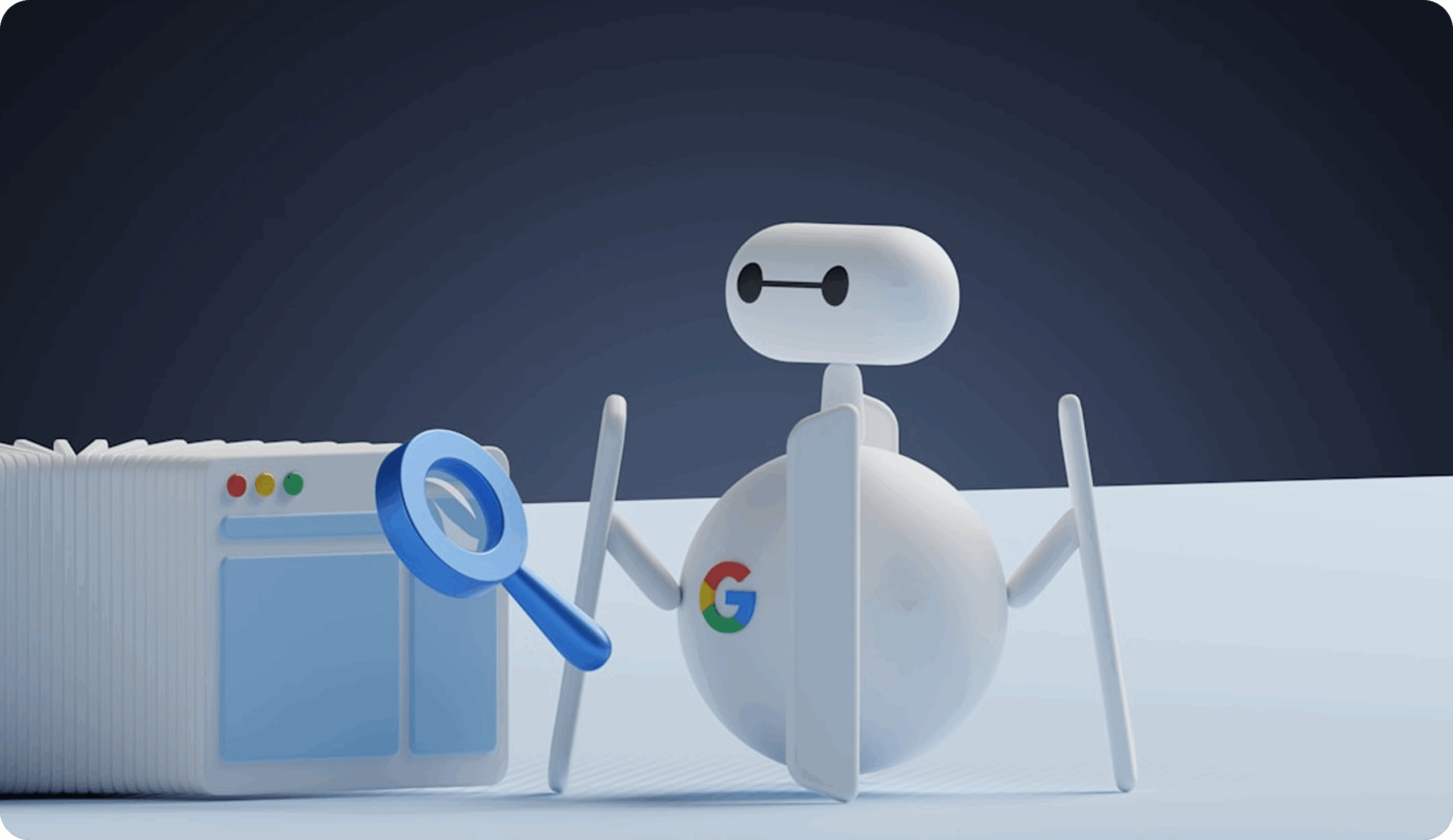Data as the New Oil (and Why Companies Want Yours): Your Information is Valuable!
.

In today’s digital economy, data privacy and security are among the most talked-about issues. Whether you’re scrolling through social media, shopping online, or simply checking the weather on your phone, your data is constantly being collected, analyzed, and monetized. But why is your personal information so valuable—and why are companies racing to get their hands on it?
The “New Oil” – What Makes Your Data So Valuable?
The phrase “data is the new oil” has become a defining analogy of the modern era. Just as oil fueled the industrial revolution, data powers today’s digital economy. But unlike oil, data isn’t finite—it’s continuously generated every time you go online.
So, what makes your data such a hot commodity?
Personalization
Companies thrive on knowing you better than you know yourself. By analyzing your search history, shopping behavior, and even how long you pause on a video, they can build a detailed profile. This allows them to serve hyper-targeted ads, making it more likely you’ll click “buy now.”
Improving Products and Services
Ever wondered how Netflix knows what show you’ll binge next, or how Amazon recommends exactly what you “didn’t know you needed”? It’s not magic—it’s your data. By analyzing millions of user interactions, these companies refine their offerings to make your experience smoother and more enjoyable.
Competitive Advantage
In a crowded marketplace, the business with the best insights into consumer behavior often wins. Companies with rich data reserves can predict market shifts, innovate more effectively, and strengthen customer loyalty.
Your personal information is, quite literally, fueling billion-dollar industries.
The Data Gold Rush – How Is Your Information Being Collected?
We all know that when we sign up for a service or post on social media, we’re giving away some information. But data collection goes far deeper than what you willingly share.
The Obvious Ways
Social media posts, email subscriptions, online purchases, and account sign-ups are the most visible methods.
The Less Obvious (Hidden) Ways
Cookies and Pixels: These tiny pieces of code track your browsing habits across the internet. That’s why you see ads for shoes you viewed last week—on a completely different website.
Device Fingerprinting: Every device has a unique combination of settings (browser version, screen resolution, fonts, etc.) that can identify you, even without cookies.
Location Tracking: Many apps quietly collect your location—even when you’re not actively using them.
Third-Party Data Brokers: In a lesser-known practice, companies called data brokers buy, sell, and trade your information behind the scenes, often without your direct knowledge or consent.
This vast ecosystem of consumer data tracking has become so advanced that most users don’t even realize how much information is being extracted from their daily digital activities.
The Dark Side of Data – User Exploitation and Privacy Concerns
The benefits of data-driven innovation are undeniable, but there’s also a darker side to this story: user data exploitation.
Manipulation for Profit
Social media platforms are engineered to keep you scrolling. The more time you spend, the more ads you see—and the more money companies make. Your data is used to design experiences that can be addictive.
The Illusion of “Free”
Platforms like Google and Facebook may not cost you money, but they’re not free. The real price is your personal data.
Data Breaches
Massive amounts of stored data make juicy targets for hackers. Breaches can expose sensitive information, leading to identity theft, financial fraud, and other serious consequences.
Lack of Transparency and Control
Privacy policies are notoriously long and complicated, leaving most users unaware of just how much of their information is being collected—or how it’s being used.
Real-world consequences include:
- Identity Theft: Stolen information can be misused, creating financial and legal nightmares.
- Reputational Damage: Private details leaked online can cause lasting personal harm.
- Targeted Manipulation:Manipulation for Profit: Social media platforms are engineered to keep you scrolling. The more time you spend, the more ads you see—and the more money companies make. Your data is used to design experiences that can be addictive.
- The Illusion of “Free”: Platforms like Google and Facebook may not cost you money, but they’re not free. The real price is your personal data.
- Data Breaches: Massive amounts of stored data make juicy targets for hackers. Breaches can expose sensitive information, leading to identity theft, financial fraud, and other serious consequences.
- Lack of Transparency and Control: Privacy policies are notoriously long and complicated, leaving most users unaware of just how much of their information is being collected—or how it’s being used.
Real-world consequences include:
- Identity Theft: Stolen information can be misused, creating financial and legal nightmares.
- Reputational Damage: Private details leaked online can cause lasting personal harm.
- Targeted Manipulation: Beyond shopping, your data can be used to shape your beliefs, opinions, and even voting behavior.
These data privacy concerns highlight the urgent need for individuals to stay aware and vigilant.
Taking Back Control – How to Protect Your Digital Footprint
While you can’t completely avoid data collection in today’s connected world, you can take steps to minimize your exposure.
-
Be Mindful of What You Share
Think twice before posting personal information, from birthdays to travel plans, on public platforms.
-
Manage Your Privacy Settings
Regularly review the privacy controls on your social media accounts, apps, and devices. Many platforms allow you to limit data collection—though they don’t always make it easy to find.
-
Use Privacy-Focused Tools
- Ad Blockers and Tracking Blockers: These prevent third-party advertisers from following you across the web.
- Virtual Private Networks (VPNs): VPNs mask your IP address, adding an extra layer of privacy to your online activity.
By taking proactive steps, you can reduce the risks of exploitation while maintaining some control over your digital footprint.
Your Data, Your Power
Your personal information isn’t just “data.” It’s an asset—one that companies value immensely. The more informed you are about how companies use your data and the risks of consumer data tracking, the better positioned you’ll be to protect yourself.
At the end of the day, the question remains: In an increasingly connected world, how do we strike the right balance between innovation and our fundamental right to privacy?
The answer isn’t simple—but one thing is clear: your data is your power, and it’s time to start treating it that way.
Related Services
You may also read

What are SEO mistakes and Why Do They Matter? SEO mistakes are critical errors in your website’s optimization strategy that...

Introduction to AEO What is Answer Engine Optimization? Ever asked Siri a question or looked something up on Google and...

The convenience is undeniable. You’re at a coffee shop, airport, or hotel, and that free public Wi-Fi connection is calling...

In today’s digitally driven world, cybercriminals are constantly finding new ways to trick people into giving up sensitive information. One...

Introduction to E-E-A-T Google has long emphasized the importance of quality content. Originally framed as E-A-T — Expertise, Authoritativeness, and...

Introduction: Why Structured Data SEO Matters ? In the ever‑changing world of SEO, visibility is everything. If you want your...

Introduction to AI in SEO In 2025, AI in SEO isn’t just a trend—it’s the new standard. Artificial intelligence has...

What Is SEO Content Writing? SEO content writing is the strategic process of creating valuable, informative, and engaging content that...

In the digital age, protecting your online accounts is more important than ever. With cyberattacks and data breaches becoming increasingly...

What Is Google’s AI Overview? Google’s AI Overview—formerly known as the Search Generative Experience (SGE)—is a cutting-edge feature that uses...


